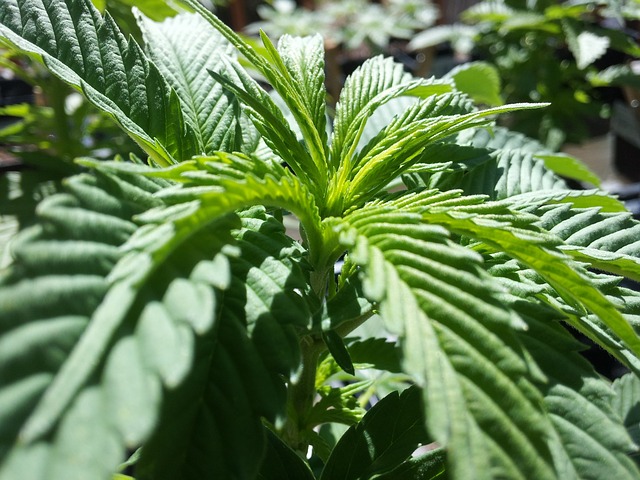The US Department of Health’s new official stance on cannabis is heralding the end of the “reefer madness” days of marijuana demonization, and the subsequent dawn of a new era of scientific acceptance and study of its benefits. In a recent update to their website section on “Cannabis and Cannabinoids,” the US National Cancer Institute added the brief but significant statement, “Cannabis has been shown to kill cancer cells in the laboratory,” in reference to a recent scientific study published in The Journal of Clinical Investigation that observed this effect in lab mice that carried human cancer cells.[2. “Cannabis and Cannabinoids: Overview.” https://www.cancer.gov/about-cancer/treatment/cam/patient/cannabis-pdq] This is fantastic news, not just for cancer sufferers and those with conditions that cannabis can help treat, but also for the millions of marijuana users, advocates, and supporters who have been hoping for a more sane understanding and classification of the drug.
The Study
These new findings are the result of a study performed in Spain that looked at an aggressive form of brain cancer known as recurrent glioblastoma multiforme. Using specialized mice to carry the human cancer tumors, the cancer cells were treated with THC for a month and then inspected under electron microscopes. Guillermo Velasco, the co-author of the study, said they found that the treatment appeared to “kill cancer cells” – and “does not affect normal cells” – through a process called autophagy, which is apparently triggered by THC. Velasco summed up the study by saying, “These results may help to design new cancer therapies based on the use of medicines containing the active principle of marijuana and/or in the activation of autophagy.”[1. “Active Ingredient in Marijuana Kills Brain Cancer Cells.” April 1, 2015. https://abcnews.go.com/Health/Healthday/story?id=7235037&page=1]
Fighting Cancer and Easing Cancer Treatment
Even before this recent discovery, cannabis was known to be a highly effective medicine for people coping with cancer and cancer treatment. Cannabis has been shown to help ease both cancer symptoms and the side effects of chemotherapy by lowering pain, increasing appetite, and improving mood. The National Cancer Institute’s website mentions this as well, and states that “Cannabis and cannabinoids may have benefits in treating the symptoms of cancer or the side effects of cancer therapies.” Such admissions from a government body indicate that a major paradigm shift is afoot.
The new revelation that cannabis actually kills cancer cells in addition to its existing benefits serves to reinforce the promise and importance of what is already an incredibly safe, effective, and multifaceted drug. Cancer sufferers often have to rely on potentially dangerous prescription drugs, such as opioids, to deal with pain and endure the trials of nausea, fatigue, and hair loss from chemotherapy. As more cannabis-based treatments become available through continued scientific research and increasing governmental acceptance, it will be a game-changer in our fight against one of the leading causes of death today.
A Miracle Medicine
The medical benefits of cannabis even beyond cancer treatment are known to be vast. Studies have shown cannabis and its extracts are able to help treat and ease the symptoms of chronic pain, nausea, anxiety, tumor growth, arthritis, asthma, multiple sclerosis, ulcers, Crohn’s disease, depression, and many other conditions. While cannabis can be abused just like any substance, it is exponentially safer than the prescription drugs normally used to treat those conditions, which are often physically addictive and come with a long list of adverse side effects.
The fact that government agencies are now changing their tune about marijuana’s health benefits adds to the momentum of marijuana acceptance seen in the recent trend of states legalizing marijuana for medical and recreational use. If this trend continues, which it seems very likely to, we can look forward to one of the most valuable medicinal plants in the world experiencing more widespread adoption and shedding its stigma, once and for all.










